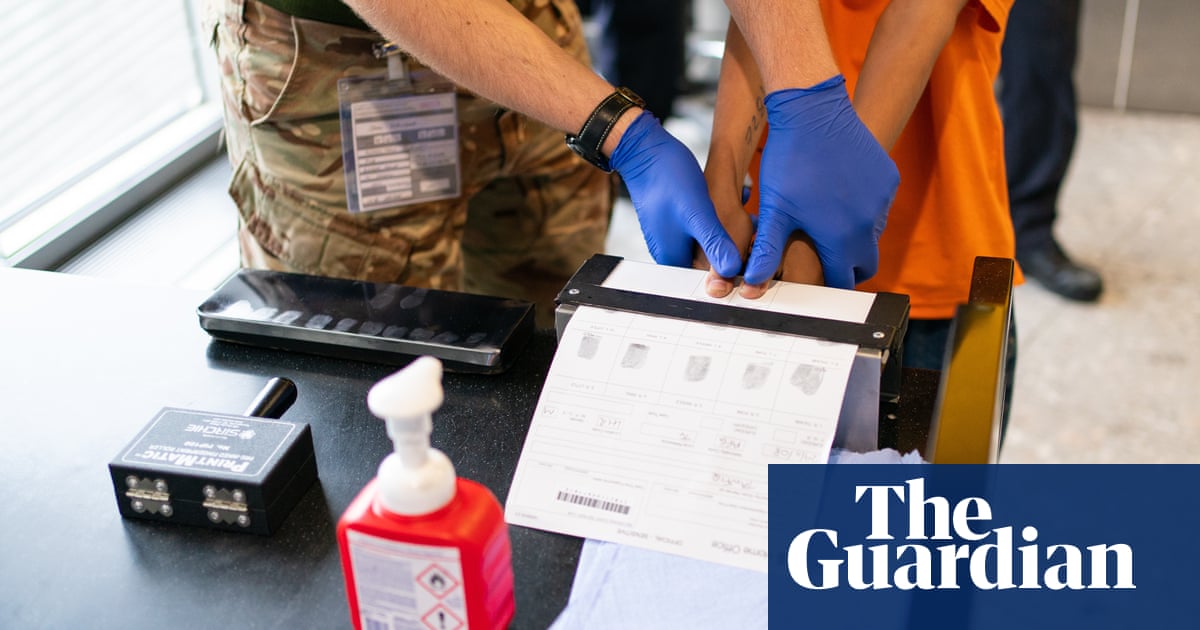
Rwanda – one of two African countries to which the UK government is reportedly considering sending asylum seekers for resettlement and processing – was previously embroiled in a highly controversial migrant deportation scheme involving Israel.
Although few details have emerged after a report in the Times that migrants could be sent to Ghana and Rwanda, Rwanda’s previous involvement in receiving African deportees from Israel raises serious concerns over whether – even with UK funding – it has the resources or even willingness to host deportations.
The suggestion that people could be sent to the two African countries was included in proposals reportedly under consideration by British ministers, which also include using the armed forces to push back small boats crossing the Channel.
The inclusion of Rwanda as a potential destination, however, is bound to raise eyebrows.
Of about 4,000 people estimated to have been deported by Israel to Rwanda and Uganda under a “voluntary departure” scheme between 2014 and 2017, almost all are thought to have left the country almost immediately, with many attempting to return to Europe via people-smuggling routes.
In addition, at least one deportee still in Rwanda, tracked down by Israel’s Haaretz newspaper in 2018, described being destitute and living on the streets of Rwanda’s capital, Kigali.
Clouded in secrecy, and with Rwanda officially denying its involvement, details of the arrangement and the fate of some of those deported have been described in several reports, some of which included testimony from those who said they had been sent to Rwanda.
Critics at the time, including the rights group Amnesty International, also pointed out that Israel had a far smaller number of refugees than Rwanda, and was a much wealthier country. Amnesty said Israel was “foisting its responsibility on countries who have only a fraction of the wealth and resources”, an argument that would also apply to the UK.
Details of the arrangement between Israel and Rwanda were thrust into the spotlight in 2018 at a time when Israel’s supreme court was considering whether to approve a compulsory programme that would offer African migrants the option of a financially incentivised deportation to one of two “unnamed African countries” or face indefinite detention.
That scheme, however, followed a “voluntary departure programme” that had been running for several years and had been beset by serious problems.
At the time, the two unnamed African countries involved were widely reported to be Rwanda and Uganda, with the UN’s main refugee agency, UNHCR, expressing its concern about the lack of transparency around the secretive arrangements.
The UNHCR’s assistant high commissioner for protection, Volker Türk wrote in 2017: “From the start of this programme, some 4,000 Eritrean and Sudanese were relocated under the government’s ‘voluntary departure programme’ to two African countries, named in media reports as Rwanda and Uganda.
“Due to the secrecy surrounding this policy and the lack of transparency concerning its implementation, it has been very difficult for UNHCR to follow up and systematically monitor the situation of people relocated to these African countries.
“UNHCR, however, is concerned that these persons have not found adequate safety or a durable solution to their plight and that many have subsequently attempted dangerous onward movements within Africa or to Europe.”
A report by the International Refugee Rights Initiative two years earlier interviewed a number of individuals who said they had been deported from Israel to Rwanda.
Testimonies collected by IRRI suggested “that the majority, if not all, are being smuggled out of the country by land to Kampala [in Uganda] within days of arriving in [the Rwandan capital] Kigali.
“They are not given an opportunity to apply for asylum, and even if they wish to stay in Rwanda, their refugee claims cannot be assessed as the national refugee status determination committee has not yet been established.
“These transfers appear to be coordinated by the people who receive the asylum seekers at Kigali airport. From Kampala, the majority travel north to South Sudan, Sudan and Libya, with many ultimately risking crossing the Mediterranean or falling into the hands of the Islamic State of Iraq and al-Sham (IS) in the hope of finding safety in Europe.”
Some of those interviewed by IRRI described being given only a holiday visa on arrival in Rwanda and being sent to a hotel from where they were encouraged to travel to Uganda illegally.
Among the very few deported from Israel voluntarily who did opt to stay was a 28-year-old Eritrean man named Goitom, who spoke to Haaretz newspaper in Kigali in 2018. He had not been allowed to work and was living on the streets.
“Things are so bad. I am living very badly. I have no home, there is no work,” he told the paper. “Before, there were a few people who helped me. The United Nations also helped – they gave me money for lodging and food. But they stopped.”












